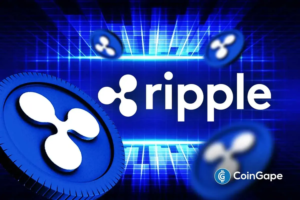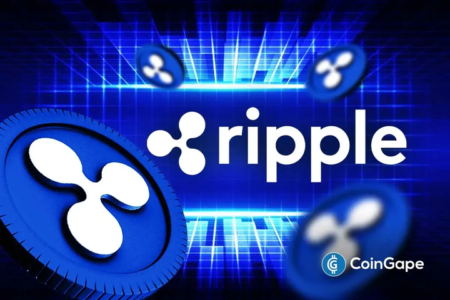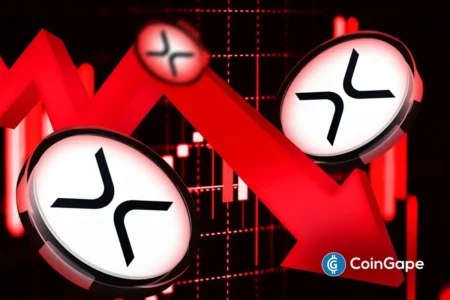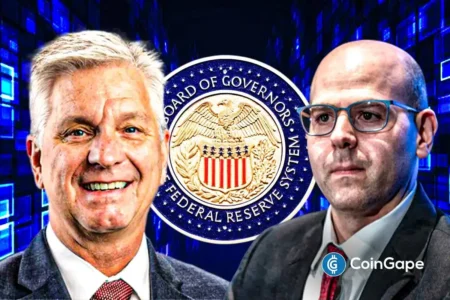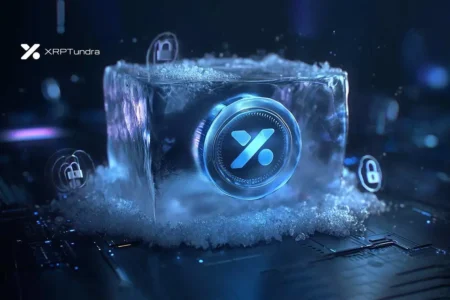Hyperliquid Defends Its Decentralized Exchange Amid Crypto Market Chaos
In the wake of last Friday’s dramatic crypto market crash, Jeff Yan, founder of Hyperliquid, has taken a stand to defend the integrity and operational transparency of his decentralized exchange (DEX). This response comes in light of significant liquidations across major centralized exchanges (CEXs) such as Binance, Coinbase, and Kraken. Yan asserts that Hyperliquid’s approach to liquidations, which is fully on-chain, should not be compared to traditional CEX practices that have reportedly underreported liquidation figures by nearly 100 times.
The Impact of the Market Crash
Last week’s turbulence in the cryptocurrency market saw a staggering $20 billion wiped out in liquidations, marking one of the largest events of its kind in the industry’s history. During this chaotic period, many centralized exchanges experienced severe congestion, leading to delayed executions and massive liquidations. In stark contrast, Hyperliquid demonstrated resilience by maintaining zero downtime, swiftly facilitating all trades without interruptions. This performance highlights the DEX’s commitment to providing a robust trading environment under pressure, a crucial aspect for traders seeking reliability.
Transparency in Liquidations
Jeff Yan is vocal about the importance of transparency in the crypto trading landscape. He explains that Hyperliquid’s model allows for full on-chain reporting of every order, trade, and liquidation, enabling users to independently verify transactions in real time. This level of transparency stands in contrast to CEXs, where liquidation data can often be obscured. Yan emphasizes that platforms like Binance and Coinbase do not necessarily portray the true extent of their liquidation activities. "Even if there are thousands of liquidation orders happening simultaneously, often only one is reported," he noted. This discrepancy can lead to significant underreporting during volatile market conditions, which challenges the perceived reliability of these platforms.
A Call for Accountability
The call for enhanced accountability in the cryptocurrency sector resonated beyond Hyperliquid. The CEO of Crypto.com also urged regulators to examine the practices of both centralized and decentralized exchanges following the fall. This was prompted by the significant losses and operational challenges experienced during the market crash. The need for a thorough investigation highlights growing concerns about risk management and transparency in the crypto ecosystem, especially among CEXs known for their less-than-transparent operational methodologies.
Risk Management and Market Resilience
As the dust settles from the market upheaval, it becomes evident that risk management remains a pivotal topic within the cryptocurrency space. Hyperliquid’s Yan points out that solvency and uptime are essential traits for any financial system. He remarked, “It’s disheartening to see some entities attack Hyperliquid to divert attention from their platforms’ shortcomings.” Such sentiments reflect a broader concern regarding the ethical responsibilities of industry stakeholders to provide transparent and reliable trading environments. The ongoing conversation about systemic stability and risk management practices will likely shape the future of cryptocurrency trading and its regulatory landscape.
Market Recovery and Future Outlook
Despite last week’s challenges, the crypto market is displaying signs of recovery, buoyed by supportive actions from U.S. policymakers, including President Trump’s softened stance on tariffs with China. Bitcoin has regained critical support levels at $115,000, while altcoins, particularly Ethereum (ETH), have shown even stronger rebounds. In the aftermath, Binance has also acknowledged its shortcomings, agreeing to a substantial $283 million compensation for its performance during the crash. These developments signal a potential shift in how exchanges approach operational integrity and user trust moving forward.
In conclusion, as the crypto market evolves, the emphasis on transparency, risk management, and accountability will play crucial roles in shaping the landscape. Hyperliquid’s commitment to a fully on-chain model positions it as a leader in advocating for these principles, especially during tumultuous times. As traders navigate this dynamic environment, the lessons learned from recent events will likely inform how exchanges operate and the level of confidence users place in their platforms.



